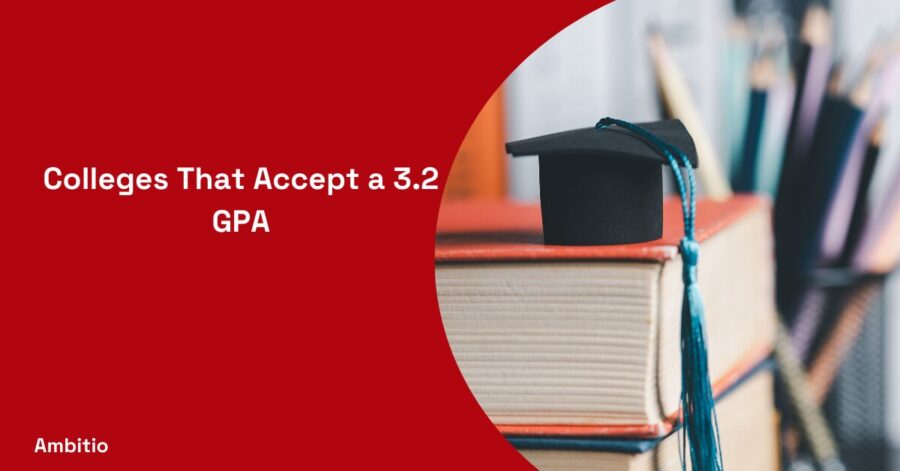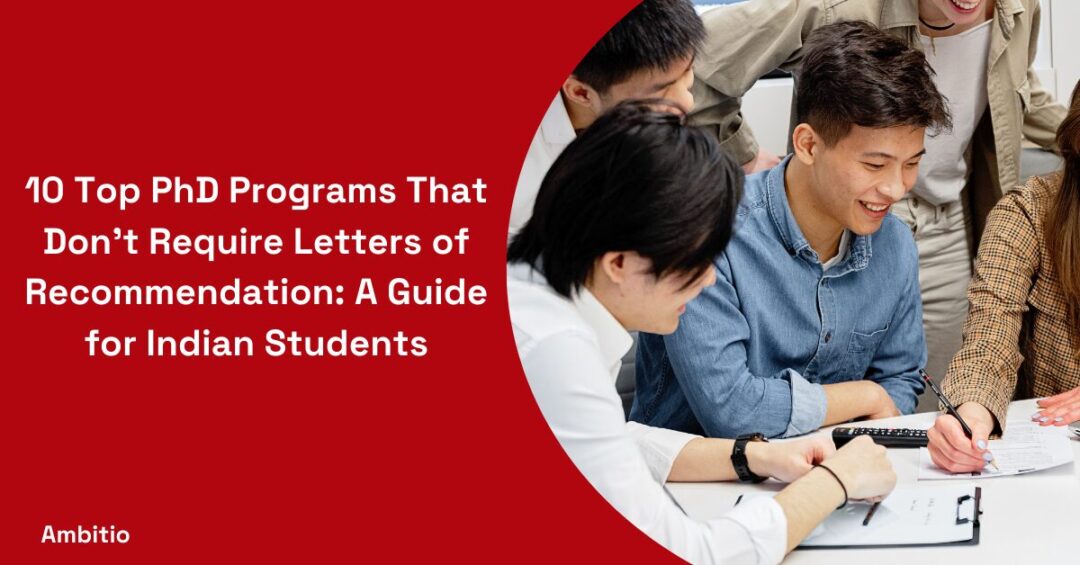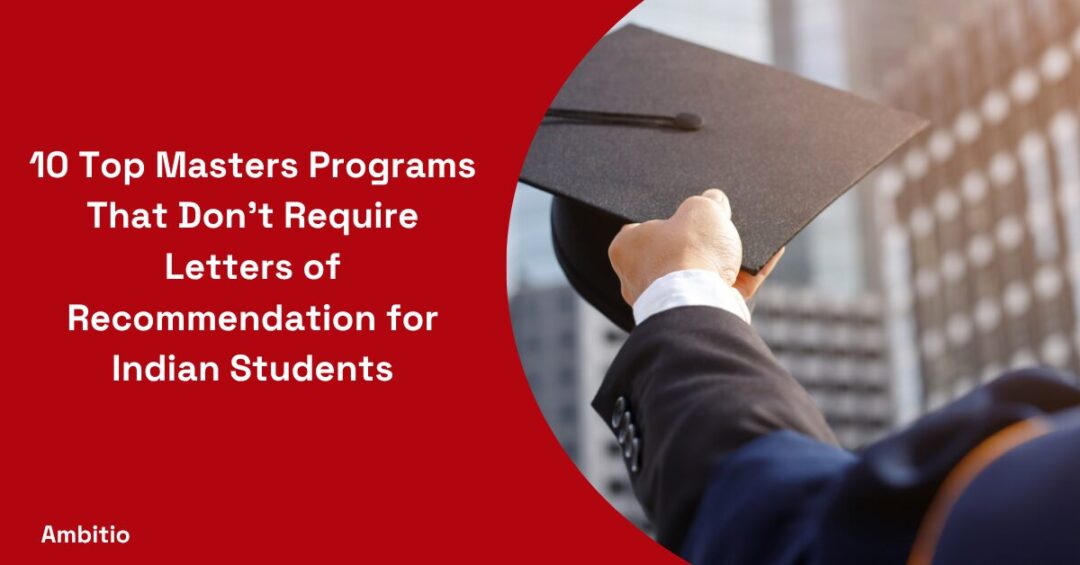13 December 2024
7 minutes read
Colleges That Accept a 3.2 GPA

Navigating the college admissions landscape can be daunting, especially for students with a GPA of around 3.2. This blog aims to guide such students, helping them understand their options and how to maximize their chances of getting into a college that fits their aspirations and needs.
Understanding the Landscape of Colleges That Accept a 3.2 GPA
Is a 3.2 GPA Good for College Admissions?
The Reality of a 3.2 GPA in College Admissions
A 3.2 GPA, typically considered average, still offers a myriad of opportunities in college admissions. While it might fall below the threshold for Ivy League and other highly selective institutions, many colleges and universities value the holistic aspects of an application.
In this context, a 3.2 GPA can be viewed as a launching pad rather than a limitation. It’s essential to recognize the diversity in admission standards and the variety of institutions that value different student qualities.
Success Stories: Thriving in College with a 3.2 GPA
Students with a 3.2 GPA have successfully gained admission to reputable colleges and gone on to have thriving academic and professional careers. These success stories often involve students leveraging their strengths, such as leadership skills, extracurricular achievements, or unique life experiences, to complement their academic profile.
By focusing on personal growth and development beyond just grades, students with a 3.2 GPA can find colleges that recognize and value their full potential.
Key Strategies to Enhance Your College Application
- Focus on Course Rigor and Academic Improvement:
- Enroll in challenging courses (AP, IB, or honors classes) to demonstrate academic commitment.
- Show an upward trend in grades, especially in core subjects, to indicate improvement and resilience.
- Excel in Standardized Testing:
- Aim for high scores in SAT or ACT exams to balance out your GPA.
- Consider retaking tests if initial scores are not reflective of your capabilities.
- Utilize test-prep resources, such as online courses, tutoring, or study groups.
- Cultivate Strong Extracurricular Profiles:
- Engage in extracurricular activities that align with your interests and passions.
- Seek leadership roles or initiate projects within these activities to demonstrate initiative and responsibility.
- Gather Compelling Letters of Recommendation:
- Request recommendations from teachers, counselors, or mentors who know you well and can speak to your strengths and growth.
- Provide them with specific examples or accomplishments to highlight in their letters.
- Write a Powerful Personal Statement:
- Use your essay to tell a unique story about yourself, focusing on experiences, challenges, and learnings that have shaped you.
- Highlight personal qualities, resilience, and aspirations that aren’t evident in your grades or test scores.
- Showcase Special Talents or Achievements:
- Include any awards, recognitions, or unique talents that set you apart from other applicants.
- If applicable, submit portfolios, audition tapes, or evidence of accomplishments in areas like art, music, or sports.
- Demonstrate Interest and Fit:
- Research and visit colleges to demonstrate genuine interest.
- Tailor your application to reflect how your goals and values align with each college’s ethos and programs.
- Apply to a Balanced List of Colleges:
- Create a list of reach, match, and safety schools to increase your chances of acceptance.
- Consider colleges that have holistic admissions processes or are known to value qualities beyond GPA.
- Highlight Community Service and Volunteering:
- Emphasize any community service or volunteering efforts, showing a commitment to making a positive impact in your community.
- Emphasize any community service or volunteering efforts, showing a commitment to making a positive impact in your community.
- Reflect on and Explain Any Shortcomings:
- If applicable, use parts of your application to explain any circumstances that may have affected your academic performance.
- Frame these experiences positively, focusing on what you learned and how you grew from them.
- Stay Organized and Meet All Deadlines:
- Keep track of application deadlines, recommendation letters, and required documents.
- Apply early if possible, as some schools offer early action or early decision options.
Exploring Colleges That Welcome a 3.2 GPA
When you have a GPA of 3.2, selecting the right college involves understanding which institutions value diverse aspects of a student’s profile. Here’s a detailed look at how to identify and approach colleges that are a good fit for students with a 3.2 GPA:
- Research Holistic Admission Policies:
- Focus on colleges known for their holistic review process. These institutions consider various factors beyond GPA, including essays, extracurricular activities, and letters of recommendation.
- Check each college’s admissions website for their approach to applications to understand how they weigh different components.
- Consider State Universities and Community Colleges:
- State universities often have a range of GPA requirements and might offer more flexibility for students with a 3.2 GPA.
- Community colleges can be an excellent starting point, especially if they have transfer agreements with four-year institutions.
- Look into Smaller Private Colleges and Liberal Arts Schools:
- Smaller private colleges and liberal arts schools sometimes offer more personalized attention to applicants and might value the diverse experiences you bring.
- These institutions often appreciate well-rounded students who demonstrate potential in various areas.
- Understand the Role of Major Selection:
- Some majors or departments within colleges might have different GPA requirements. Research the specific requirements for your intended field of study.
- Consider majors where your strengths and interests align, as this can increase your chance of acceptance and success in the program.
- Evaluate Colleges with Specialized Programs:
- Investigate colleges that offer specialized programs that might align with your skills or interests, such as creative arts, technology, or vocational studies.
- These programs may have different criteria for evaluation, where a 3.2 GPA might be more acceptable.
- Attend College Fairs and Information Sessions:
- Participate in college fairs, both in-person and virtual, to gather information and speak directly with admissions representatives.
- Use these opportunities to ask specific questions about GPA requirements and the admissions process.
- Seek Guidance from Counselors and Advisors:
- Utilize your high school counselors or independent college advisors who can provide personalized recommendations based on your academic profile.
- These professionals can offer insights into schools where students with similar profiles have been successful.
- Explore Early College Programs:
- Some colleges offer early college or dual enrollment programs for high school students, which can be a pathway to admission.
- These programs allow you to demonstrate college-level academic ability, potentially strengthening your application.
- Utilize College Matching Tools:
- Use online tools and platforms that help match your GPA, test scores, and other preferences with suitable colleges.
- These tools can provide a starting point for your research and help you identify colleges you might not have considered.
- Understand the Transfer Option:
- Consider starting at a college with more lenient GPA requirements and then transferring to a different institution after proving your academic abilities.
- Research the transfer policies of target schools to understand the GPA and credit requirements.
- Visit Campuses When Possible:
- Visiting campuses can give you a better sense of the college environment and whether it’s a good fit for you.
- During visits, meet with admissions officers and discuss your academic profile to gauge your chances of admission.
- Read Alumni Success Stories:
- Look for stories of alumni who had a similar GPA and went on to achieve success. This can provide motivation and context for what is possible.
- Alumni experiences can offer insights into the support and opportunities provided by the college.
By following these steps, you can identify colleges that not only welcome a 3.2 GPA but also appreciate the unique qualities and experiences you bring to their campus community. Remember, the right college for you is one that aligns with your academic abilities, career goals, and personal growth aspirations.
Enhancing Your Application with Extracurriculars and Personal Statements
The Impact of Extracurricular Activities
Engaging in extracurricular activities provides an opportunity to demonstrate leadership, commitment, and personal growth. Colleges look for students who contribute to their community and have interests outside the classroom. Whether it’s sports, arts, volunteering, or clubs, active involvement and leadership in these areas can significantly enhance your college application.
Crafting a Compelling Personal Statement
The personal statement is a critical component of the college application, offering a platform to tell your unique story. It’s an opportunity to explain your academic journey, highlight personal challenges, and showcase your aspirations. A well-written personal statement can provide context to your GPA and help admissions officers understand your individual circumstances.
Navigating Financial Aid and Scholarships with a 3.2 GPA
- Research Extensively for Scholarships and Grants:
- Look for scholarships that focus on qualities beyond GPA, such as community service, leadership, specific talents, or particular backgrounds.
- Utilize online scholarship databases and resources offered by your high school guidance office.
- Apply for Need-Based Financial Aid:
- Complete the Free Application for Federal Student Aid (FAFSA) to determine your eligibility for federal grants, loans, and work-study programs.
- Check if your chosen colleges require the CSS Profile for additional financial aid assessment.
- Explore Local and Community Scholarships:
- Investigate scholarships offered by local businesses, community organizations, and civic groups, which often have fewer applicants.
- Look for scholarships within your local community, which may be less competitive and more accessible.
- Consider Scholarships from Colleges and Universities:
- Research and apply for scholarships offered directly by the colleges to which you are applying.
- Some institutions provide merit-based scholarships even for students with GPAs around 3.2.
- Utilize Specialized Scholarships:
- Seek out scholarships aimed at specific fields of study, extracurricular activities, or unique personal circumstances.
- Look for scholarships related to your intended major, hobbies, or experiences.
- Highlight Non-Academic Achievements:
- Emphasize leadership roles, community involvement, and other accomplishments in your scholarship applications.
- Use essays and letters of recommendation to showcase your strengths and potential.
- Apply for Multiple Scholarships:
- Submit applications for a variety of scholarships to increase your chances of receiving financial support.
- Don’t overlook smaller scholarships; they can add up and help reduce education costs.
- Stay Organized and Meet Scholarship Deadlines:
- Keep a calendar of application deadlines and required materials for each scholarship.
- Start the application process early to ensure sufficient time for essays, recommendations, and other requirements.
- Prepare Strong Scholarship Essays:
- Write compelling essays that reflect your personality, goals, and experiences.
- Tailor your essays to align with the mission and values of the scholarship provider.
- Seek Advice and Feedback:
- Consult with teachers, counselors, or mentors for guidance on your scholarship applications.
- Get feedback on your essays and application materials to improve your chances.
- Check for Work-Study Opportunities:
- If eligible, explore work-study programs as part of your financial aid package, which can provide a source of income while studying.
- If eligible, explore work-study programs as part of your financial aid package, which can provide a source of income while studying.
- Understand the Terms and Conditions:
- Carefully read the requirements and conditions of each scholarship or financial aid package, including any GPA maintenance or renewal criteria.
- Carefully read the requirements and conditions of each scholarship or financial aid package, including any GPA maintenance or renewal criteria.
Real-Life Success Stories: Thriving in College with a 3.2 GPA
Inspirational Stories of Students with a 3.2 GPA
Numerous students with a 3.2 GPA have gone on to achieve remarkable success in college and beyond. These stories often feature individuals who utilized their GPA as a starting point and built a strong application through other means. Interviews with such students can provide valuable insights and inspiration for those currently navigating the college admissions process.
Alumni Perspectives: Life After College with a 3.2 High School GPA
Alumni who entered college with a 3.2 GPA can offer a unique perspective on how their college experience shaped their career paths. Many find that their college performance and experiences, rather than their high school GPA, played a more significant role in their professional success. These narratives can be a source of encouragement and guidance for prospective college students.
Conclusion
A 3.2 GPA in high school is not a barrier to a fulfilling and successful college experience. By understanding the admissions landscape, enhancing their applications, and choosing colleges that align with their profile, students can embark on an exciting and rewarding educational journey. Remember, college is just one step in a larger journey of personal and professional growth.
FAQs
Q1: Can I get into a good college with a 3.2 GPA?
Yes, many colleges accept students with a 3.2 GPA. However, it’s important to consider other aspects of your application, such as test scores and extracurricular involvement.
Q2: How can I improve my chances of admission with a 3.2 GPA?
Enhance other parts of your application, such as obtaining higher SAT or ACT scores, engaging in meaningful extracurricular activities, and writing a compelling personal statement.
Q3: Are there any specific colleges known to accept a 3.2 GPA?
Yes, several colleges, including East Carolina University and Southern New Hampshire University, are known to consider applicants with a 3.2 GPA.
Q4: Does a 3.2 GPA limit my college choices significantly?
While a 3.2 GPA may not meet the threshold for highly selective colleges, it still opens doors to a wide range of universities and colleges, especially those that take a holistic approach to admissions.

You can study at top universities worldwide!
Get expert tips and tricks to get into top universities with a free expert session.
Book Your Free 30-Minute Session Now! Book a call now




























